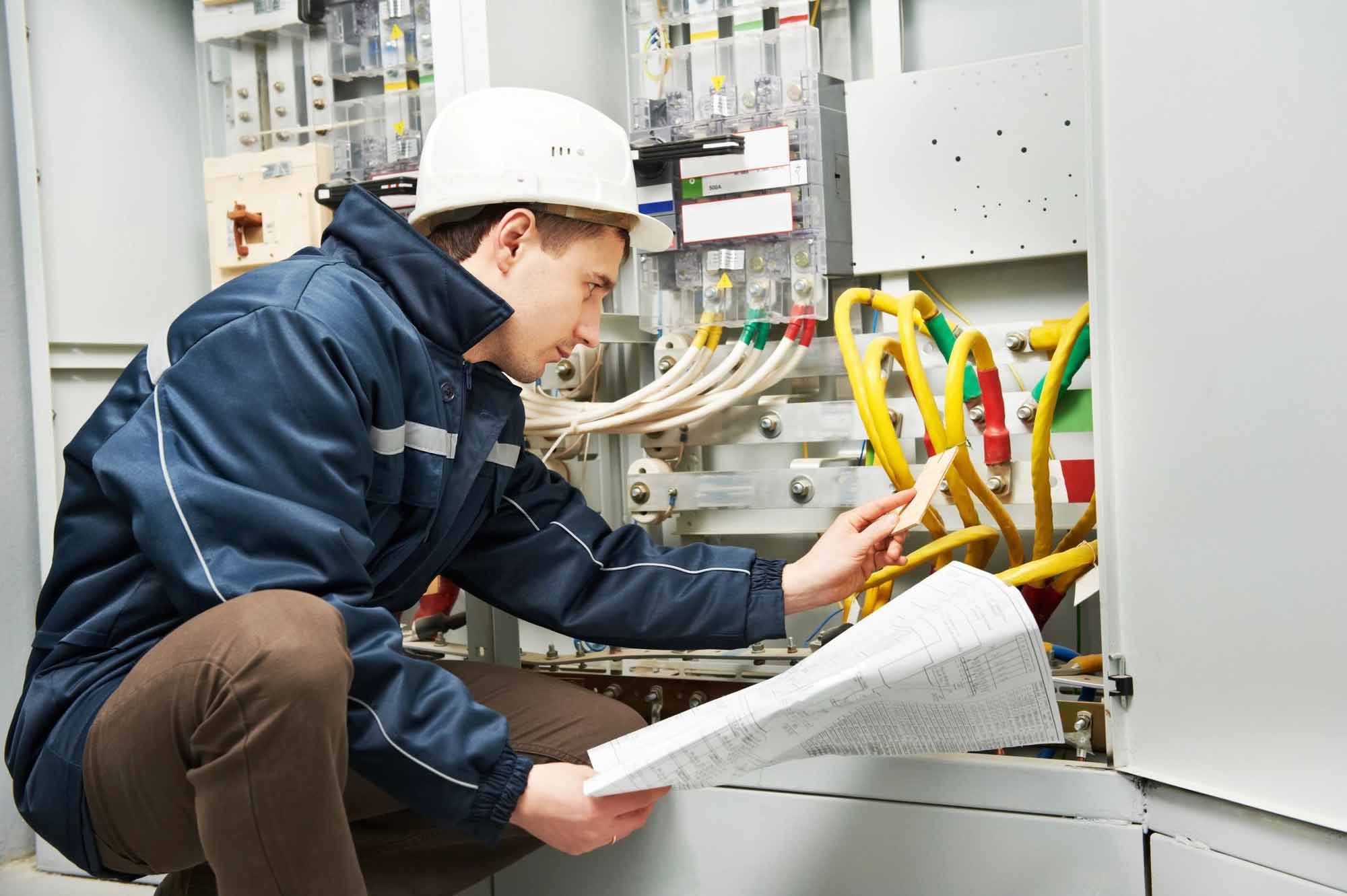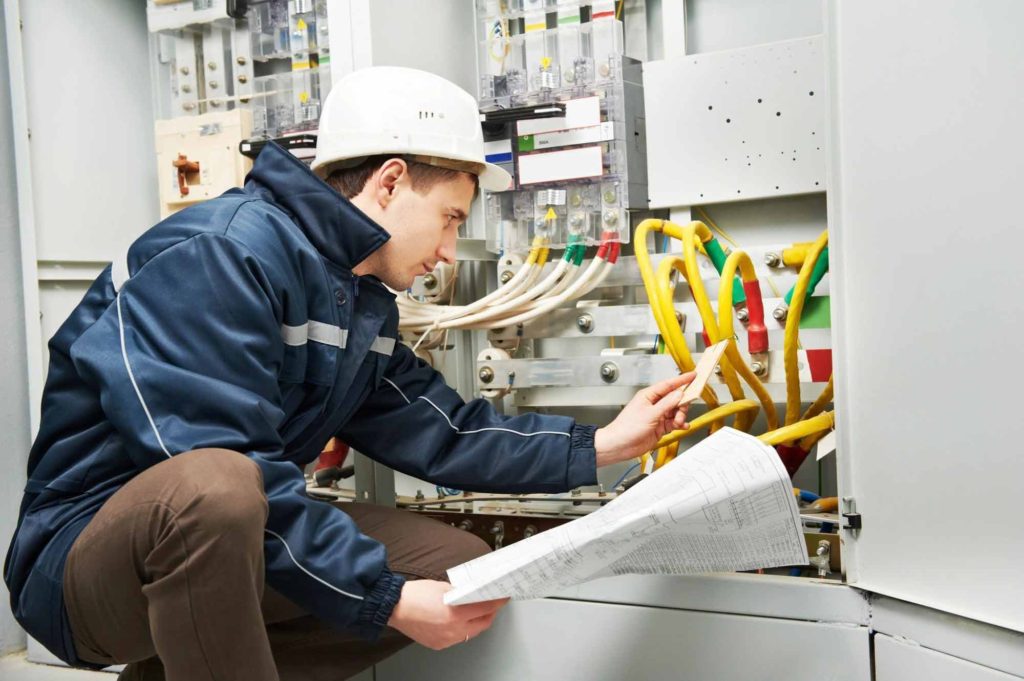

Control systems are a critical component of modern industrial facilities, serving as the central nervous system that oversees and regulates the operation of complex machines, processes, and equipment. Whether in manufacturing plants, energy production facilities, or transportation systems, these systems must be designed, implemented, and maintained with the utmost care and attention to detail to ensure optimal performance, safety, and reliability. In this blog, we will explore the various aspects of control system support, including control system design, control system service, and disaster recovery assessments.
The design of a control system is a complex process that involves a range of disciplines, from mechanical engineering to software development. Control system design aims to create a system that meets the specific requirements of the industrial process, while also ensuring that it is safe, reliable, and efficient. This involves designing hardware and software components, developing control algorithms, and integrating the system with the rest of the plant infrastructure.
A well-designed control system should be able to monitor the process and make real-time adjustments as needed. It should also be able to detect and diagnose any issues or anomalies, such as equipment failures or safety hazards, and take appropriate actions to prevent or mitigate them.
Once a control system is deployed, it requires ongoing service and maintenance to ensure its continued performance and reliability. Control system service includes routine inspections, upgrades, and repairs, as well as troubleshooting and diagnostic testing.
Regular inspections and maintenance can help identify potential issues before they become serious problems, reducing the risk of costly downtime or safety incidents. Upgrades and repairs can also help improve the performance and efficiency of the control system, enabling it to better meet the changing needs of the industrial process.
Control system service providers may also offer remote monitoring and support services, allowing them to quickly diagnose and address issues from a remote location. This can help minimize downtime and reduce the need for onsite service visits.
Disaster Recovery Assessments:
Disaster recovery assessments are an important component of control system support, as they help ensure that critical industrial processes can be quickly and safely restored in the event of a disruption or disaster. These assessments involve evaluating the control system’s ability to recover from various types of disruptions, including equipment failures, cyber attacks, natural disasters, and other unforeseen events.
Disaster recovery assessments may include testing and simulation exercises to evaluate the system’s resilience and identify potential vulnerabilities. They may also involve developing and implementing contingency plans to ensure that the control system can be quickly and safely restored in the event of a disruption.
In summary, control system support is a critical aspect of industrial operations, encompassing the design, implementation, and ongoing maintenance of control systems. With proper design and maintenance, control systems can help ensure the safe, reliable, and efficient operation of industrial processes, while also mitigating risks and minimizing downtime. Disaster recovery assessments are also an important part of control system support, helping to ensure that critical processes can be quickly and safely restored in the event of a disruption or disaster.
